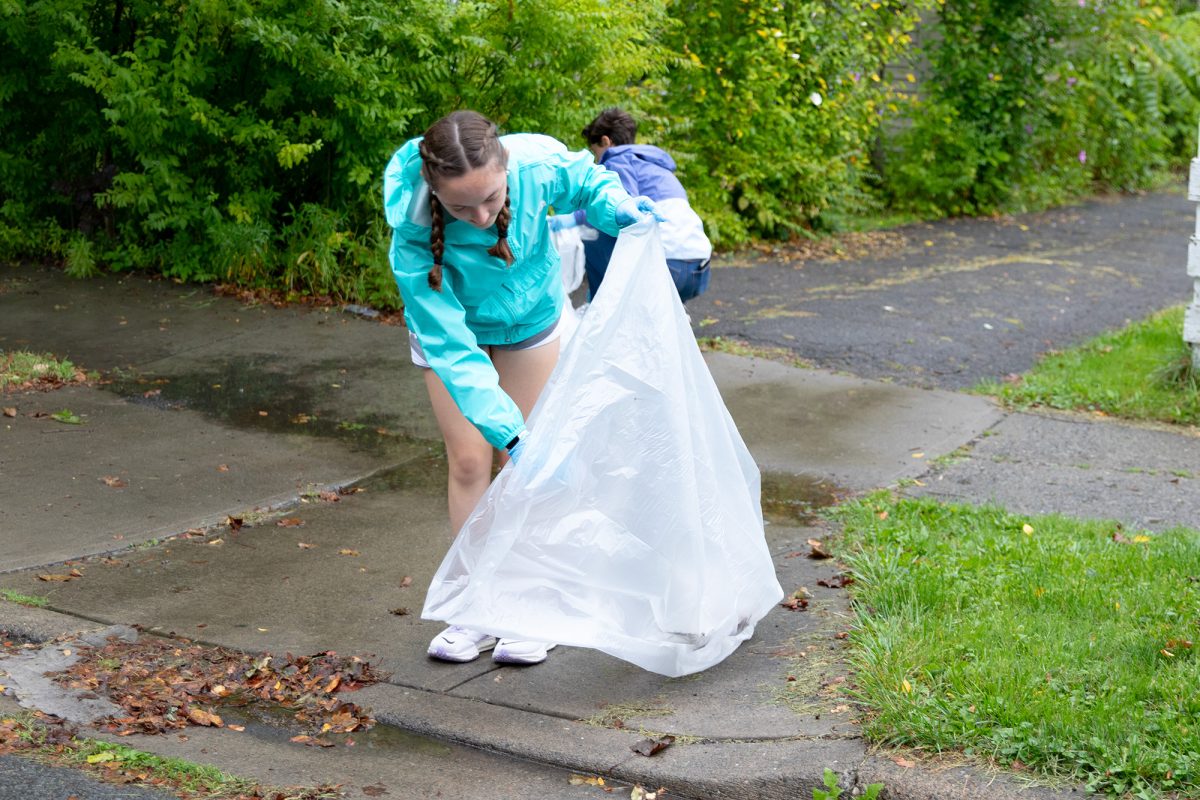Racism, cultural identity and prejudice were hot topics Nov. 8 at the Ithaca College Center for the Study of Race and Culture’s “Dialogue on Race with the CSCRE Faculty” in Clark Lounge.
Students, faculty and community members gathered to listen to the series of lectures followed by a discussion that discussed the purpose and objectives of the center.
Gustavo Licon, assistant professor at the center, spoke about his history and the experiences that led to his position at the center today. Lincon said he became interested in Latino Culture for the first time in eighth grade, and since that time he’s been interested in empowering others.
“I have three reasons why I do what I do,” Licon said. “I believe that people should have the power to understand themselves, that they have the right to define themselves and I want to change society.”
After coming into contact with those who did not understand Licon’s cultural background, Licon became passionate about teaching others the essence of his culture.
“When I found out that I could actually get paid to do research on my own people and teach other people about it I was like, ‘Hey, let’s not waste any time.’”
Paula Loanide, assistant professor at the center, talked about her journey to overcome racism and how it shaped her life.
Sean Eversley Bradwell, assistant professor in the center, spoke about how his background at the University of Rochester and Cornell University, teaching high school social studies and working in the Department of Education at the college led him to the college and the center.
“Books are great; theories are important; reading, scholarship and literature are essential,” he said. “But until we connect that to the real lives of people, it’s all for naught. My academic training has taught me that I’m not learning to learn. The work has to be applicable.”
Following Bradwell, Asma Barlas gave a similar account of her reasons for working in the center.
A discussion followed the faculty lectures where members of the audience discussed race and ethnic labels in depth.
Senior Julie Van Buren said the topics discussed in both the first part of the program and the discussion that followed had emotional impact on her.
“It was mind-blowing,” Van Buren said. “The discussion had such an emotional response for me because I’m going through what they were speaking about.”
Barlas said it’s important for people to realize the impacts they have on each others’ lives — particularly when it comes to racial issues.
“We emphasize the interconnectedness of human life in social reality,” Barlas said. “Students are encouraged to interrogate such binaries as self, other, inside, outside, black, white, local, global so as to be able to make the connections between them.”
An earlier version of this story had an incorrect spelling of Sean Eversley Bradwell’s name.







